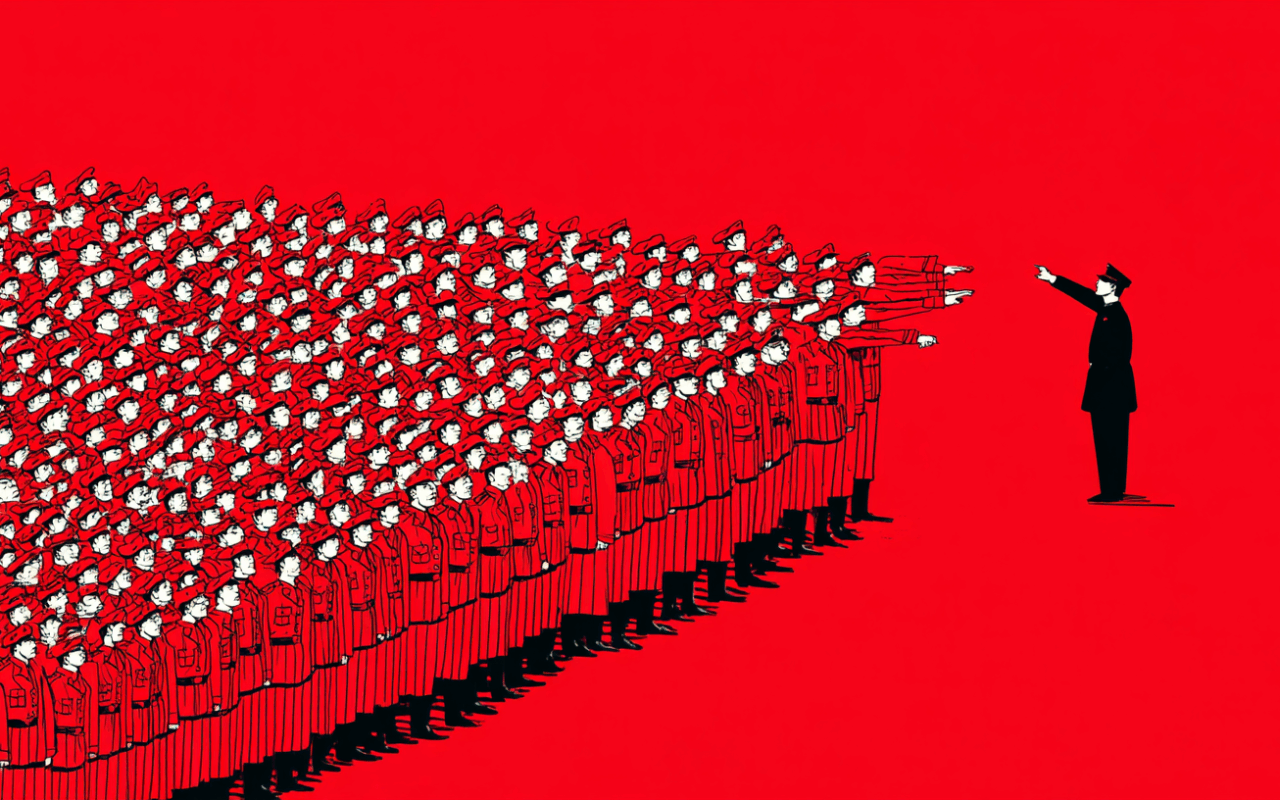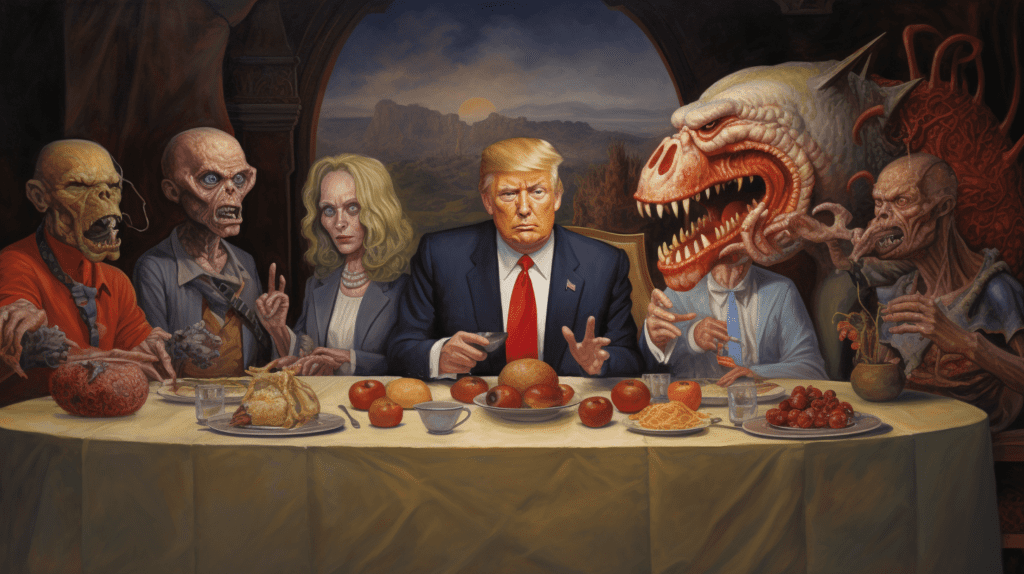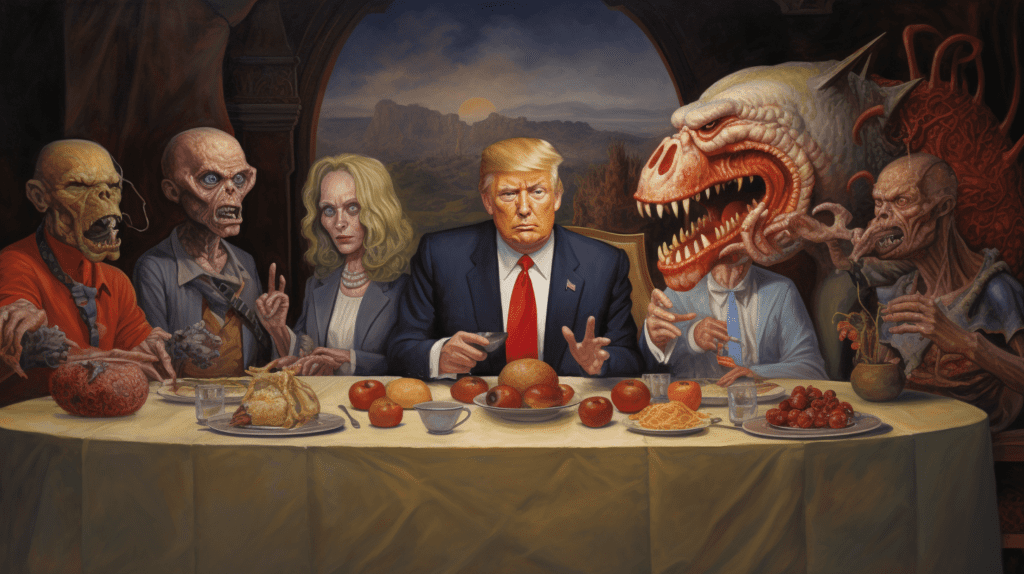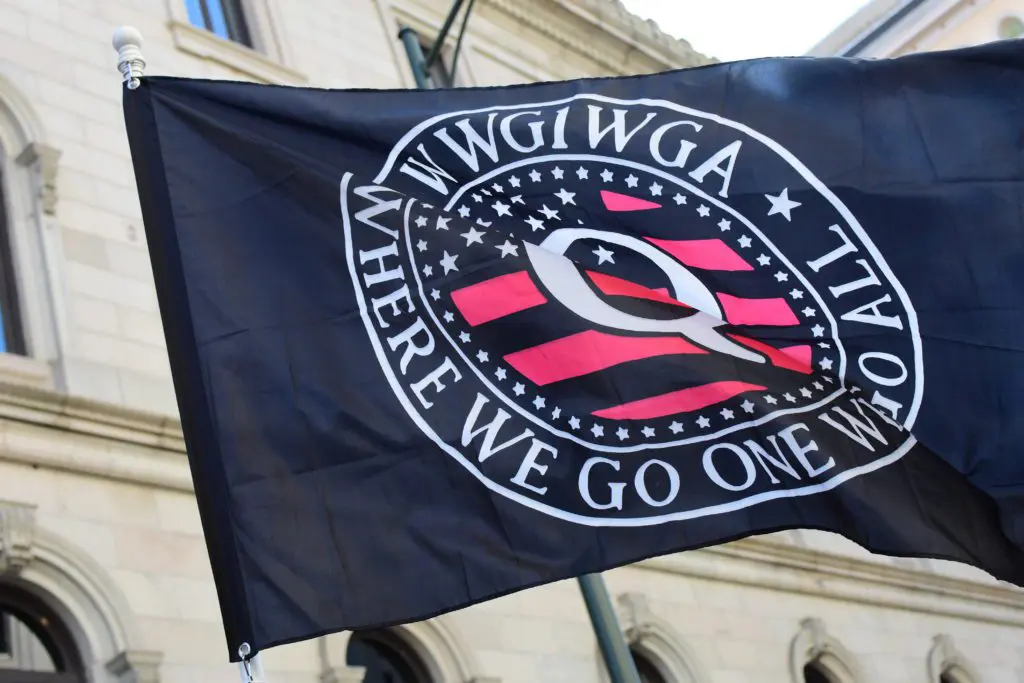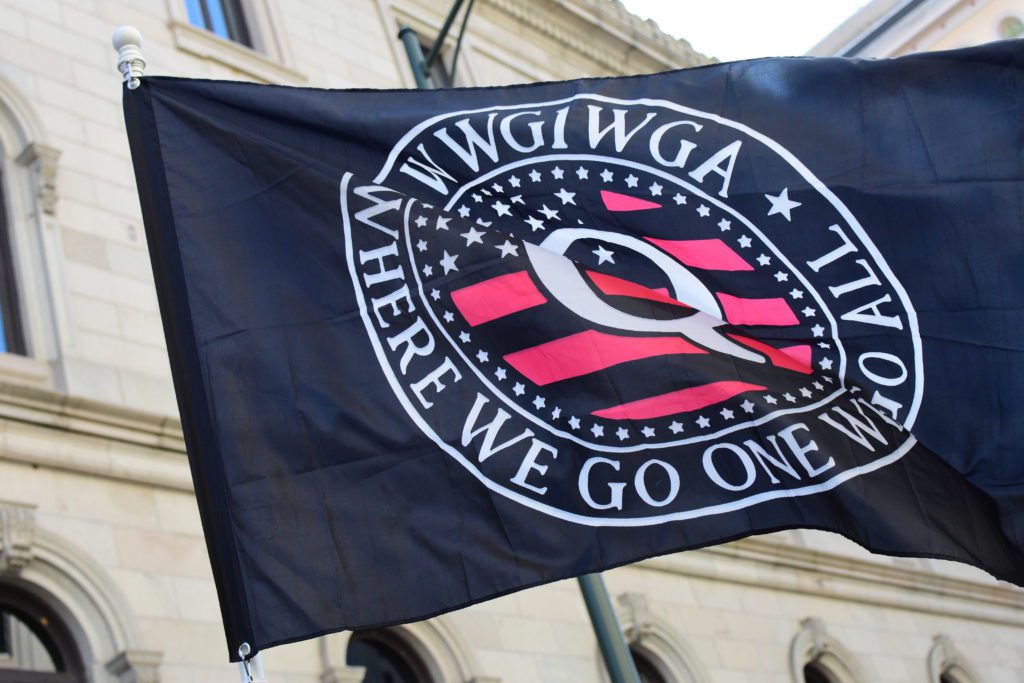Personality disorders are a group of mental health conditions that are characterized by persistent and inflexible patterns of thinking, feeling, and behaving that deviate significantly from cultural norms and cause distress and impairment in various areas of functioning, such as work, relationships, and self-image. Personality disorders typically begin in adolescence or early adulthood and tend to persist over time.
There are several types of personality disorders, each with its own unique set of symptoms and diagnostic criteria. The Diagnostic and Statistical Manual of Mental Disorders (DSM-5), which is the standard diagnostic tool used by mental health professionals, identifies ten personality disorders organized into three clusters based on their shared features and clinical presentation.
Cluster A personality disorders
Cluster A personality disorders include paranoid, schizoid, and schizotypal personality disorders, which are characterized by odd, eccentric, and suspicious behavior. People with paranoid personality disorder have a pervasive distrust and suspiciousness of others and may interpret benign remarks or events as threatening. Schizoid personality disorder is marked by a lack of interest in social relationships, emotional detachment, and solitary pursuits. Schizotypal personality disorder involves eccentricities in speech, behavior, and appearance, as well as unusual beliefs and experiences.
Cluster B personality disorders
Cluster B personality disorders include borderline, narcissistic, histrionic, and antisocial personality disorders, which are characterized by dramatic, erratic, and emotional behavior. Borderline personality disorder is characterized by unstable mood, self-image, and interpersonal relationships, as well as black and white thinking and impulsive and self-destructive behavior. Narcissistic personality disorder (NPD) involves a grandiose sense of self-importance, a lack of empathy, and an exaggerated sense of entitlement. Histrionic personality disorder is characterized by excessive emotionality, attention-seeking behavior, and exaggerated expressions of emotion. Antisocial personality disorder involves a disregard for the rights of others, a lack of remorse or guilt, and a tendency towards impulsive and irresponsible behavior.
Antisocial personality disorder, or ASPD, includes individuals colloquially known as sociopaths and psychopaths. All of the disorders within Cluster B include excessive narcissism as a foundational core, and within ASPD that extreme self-regard has a dark and amoral character referred to as malignant narcissism.
Cluster C personality disorders
Cluster C personality disorders include avoidant, dependent, and obsessive-compulsive personality disorders, which are characterized by anxious, fearful, and perfectionistic behavior. Avoidant personality disorder involves social inhibition, feelings of inadequacy, and hypersensitivity to criticism or rejection. Dependent personality disorder is marked by a pervasive need for others to take care of them and an inability to make decisions without excessive reassurance or advice. Obsessive-compulsive personality disorder involves preoccupation with rules, order, and perfectionism, as well as rigidity and inflexibility in one’s beliefs and values.
Effects and treatment
Personality disorders can cause significant distress and impairment in various areas of functioning, such as work, relationships, and self-image. People with personality disorders often struggle with interpersonal relationships, have difficulty maintaining employment, and may experience problems with substance abuse, self-harm, or suicidal ideation.
Treatment for personality disorders typically involves a combination of psychotherapy, medication, and support from family and friends. Cognitive-behavioral therapy, dialectical behavior therapy, and schema therapy are all effective in treating personality disorders. Antidepressants, mood stabilizers, and antipsychotic medications may also be prescribed to manage specific symptoms. It is essential to seek help from a mental health professional if you or someone you know is struggling with a personality disorder.
